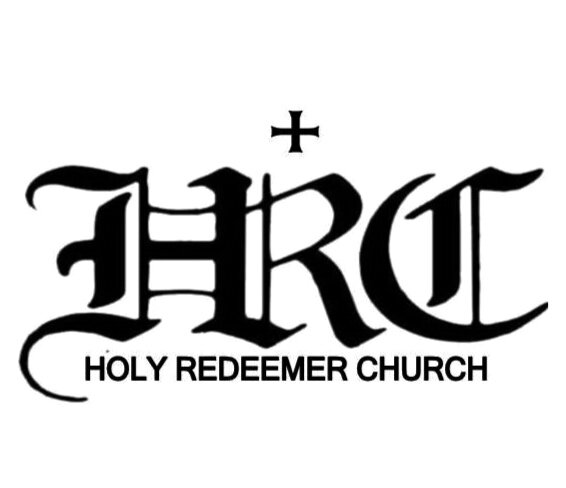EUCHARIST FAQs
What do I need to do to receive the Eucharist?
1. Be Catholic
2. Be in a state of grace i.e. have not in a state of mortal sin.
3. Have gone to confession since last mortal sin.
4. Believe in the doctrine of transubstantiation - that the bread and wine truly become the Body, Blood, Soul, and Divinity of Jesus Christ.
5. Have fasted at least 1 hour before receiving communion (water and medicine are permitted).
What is the Eucharist?
Catholics believe that the Eucharist is, in fact, the Body and Blood of Christ, indeed, his real presence. Though appearing to be only bread and wine, the matter is substantially changed into Christ's Body and Blood.
Is the Eucharist really Jesus?
Yes!
First, everyone listening to Jesus’ actual discourse 2,000 years ago believed him to have meant what he said. That is significant. This is in stark contrast to other places in the gospel where Jesus did, in fact, speak metaphorically. For example, when Jesus spoke of himself as a “door” in John 10, or a “vine” in John 15, we find no one to have asked, “How can this man be a door made out of wood?” Or, “How can this man claim to be a plant?”
Compare these to John 6. Jesus plainly says, in verse 51, “I am the bread come down from heaven and the bread that I will give is my flesh for the life of the world” (vs. 51). The Jews immediately respond, as I said above, “How can this man give us his flesh to eat?’” They certainly understood him to mean what he said.
Moreover, when people misunderstand Jesus, he normally clears up the misunderstanding as we see in John 4:31-34 when the disciples urge our Lord to eat and our Lord responds, “I have food to eat which you do not know.” The disciples ask each other if anyone had brought any food because they thought our Lord was saying he had to bring his own food because they had forgotten to do so. They misunderstand him. But our Lord immediately clears things up saying, in verse 34, “My food is to do the will of him who sent me, and to accomplish his work.”
Why can't non-Catholics receive the Eucharist?
The guidelines for receiving Communion, which are issued by the U.S. bishops and published in many missalettes, explain, "We welcome our fellow Christians to this celebration of the Eucharist as our brothers and sisters. We pray that our common baptism and the action of the Holy Spirit in this Eucharist will draw us closer to one another and begin to dispel the sad divisions which separate us. We pray that these will lessen and finally disappear, in keeping with Christ’s prayer for us ‘that they may all be one’ (John 17:21).
"Because Catholics believe that the celebration of the Eucharist is a sign of the reality of the oneness of faith, life, and worship, members of those churches with whom we are not yet fully united are ordinarily not admitted to Communion. Eucharistic sharing in exceptional circumstances by other Christians requires permission according to the directives of the diocesan bishop and the provisions of canon law. . . . "
Scripture is clear that partaking of the Eucharist is among the highest signs of Christian unity: "Because there is one bread, we who are many are one body, for we all partake of the one bread" (1 Cor. 10:17). For this reason, it is normally impossible for non-Catholic Christians to receive Holy Communion, for to do so would be to proclaim a unity to exist that, regrettably, does not.
Exceptions:
The circumstances in which Protestants are permitted to receive Communion are more limited, though it is still possible for them to do so under certain specifically defined circumstances.
Canon law explains the parameters: "If the danger of death is present or other grave necessity, in the judgment of the diocesan bishop or the conference of bishops, Catholic ministers may licitly administer these sacraments to other Christians who do not have full Communion with the Catholic Church, who cannot approach a minister of their own community and on their own ask for it, provided they manifest Catholic faith in these sacraments and are properly disposed" (CIC 844 § 4).
It is important to remember that, under the rubrics specified above, even in those rare circumstances when non-Catholics are able to receive Communion, the same requirements apply to them as to Catholics.
